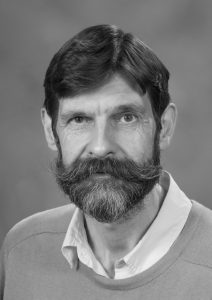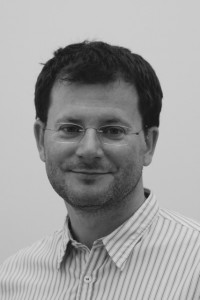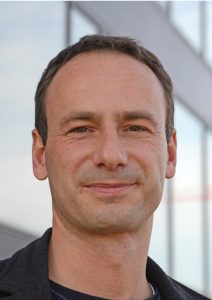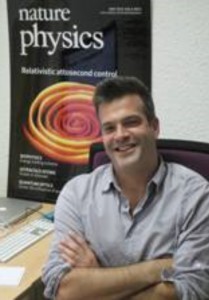The board members

Martin Tolley
With a background in theoretical physics, biophysics and philosophy of science Martin joined the Target Fabrication group at CLF in 200 and currently heads the group. He also ensures commercial access to the group’s extensive targetry capabilities via the spinout Scitech. All of his activities are underpinned by an exploration of the complex microscaling issues pervading microtargetry. Ultimately his strong sense of irony enables him to enjoy perfectly made microtargets being destroyed by high intensity lasers in billionths of a second.

Gabriel Schaumann
Fifteen years in the realm of high energy density physics, as well as in targetry, Gabriel has extensive experience when it comes to the interface between experiment design and target fabrication. Previously at GSI in Germany and within the target fabrication group at Rutherford Appleton Laboratory. In 2009 Gabriel established the Detector & Target Laboratory at the Technische Universität Darmstadt (TUD), providing a great variety of micro targets.

Jörg Schreiber
Diploma in physics from the University of Jena and carried out PhD-studies on laser-driven ion acceleration at Ludwig-Maximilians-University (LMU) and the Max-Planck-Institute for Quantumoptics (MPQ). Returning to Germany, he became a team leader at MPQ laser-ion acceleration, realizing the first ion-cell-irradiation study. Since 2011, Jörg has been Professor at the chair of medical physics of the LMU, and is responsible for laser-driven sources at the Centre for Advanced Laser Applications.

Rodrigo Lopez-Martens
Since 2005, he has been leading the Pysique du Cycle Optique (PCO) research group at the Laboratoire d’Optique Appliquée (LOA) investigating ultrafast charge motion in laser-driven plasmas on femtosecond to attosecond scales. Prior to that, after completing his PhD at the University of Cambridge, he spent time at Lund University in Sweden building one of the very first laser beamlines for attosecond metrology in the world.
During his time at LOA, he has secured over 3M€ in funding for basic research programs.
During his time at LOA, he has secured over 3M€ in funding for basic research programs.

Manolo Perlado
